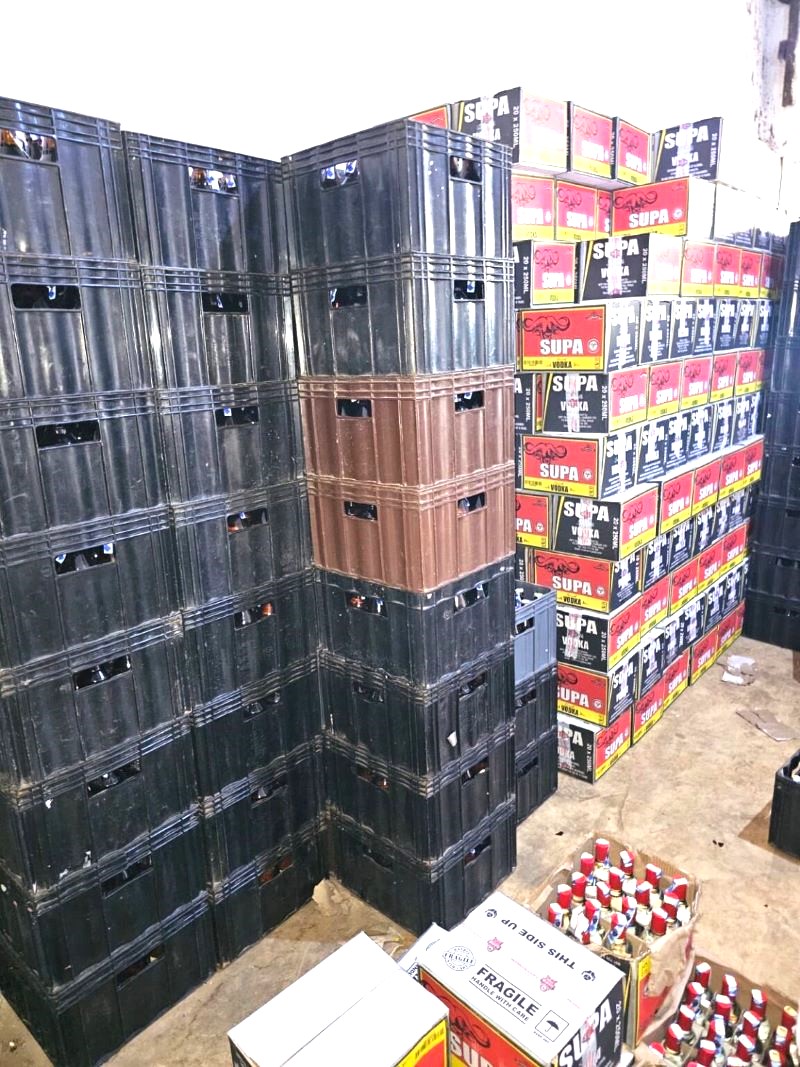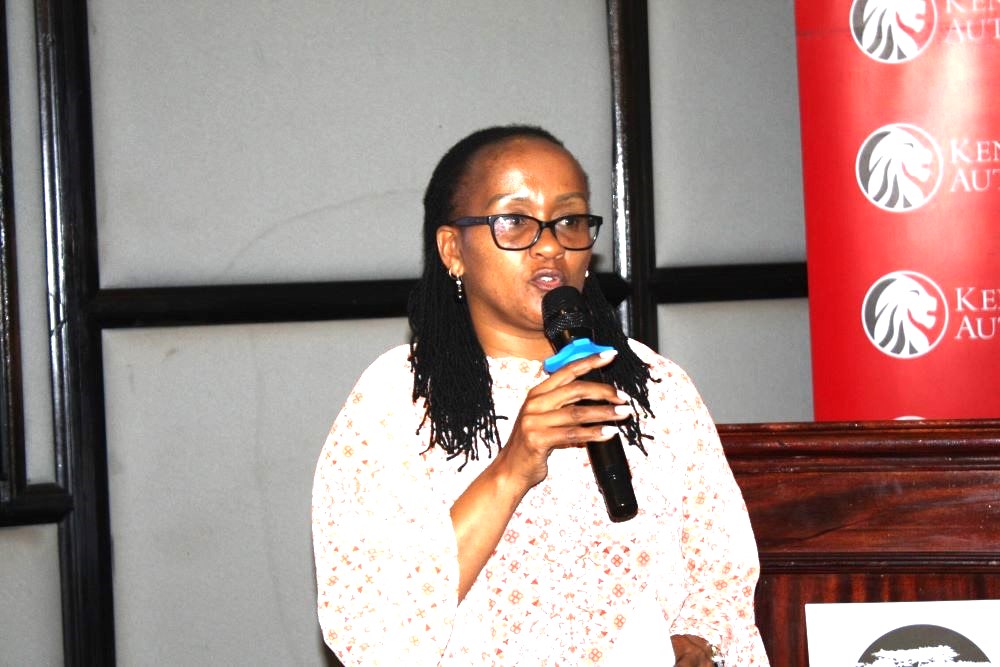School girls in the country could soon overcome the challenge and stigma associated with their Monthly periods due to the lack of sanitary towels while in school.
This is if the government implements the proposals of the Presidential Working Party on Education Reforms (PWPER).
This would stem the tide of hue and cry among the girls and bolster education for the female gender in the country.
Currently, there is a high h tendency of regular attendance and eventual school dropout over lack of sanitary towels amongst girls from low-income households.
Funding of ‘Dignity Kitty,’ provision of sanitary towels to school girls reaching puberty age is one of the proposals for the Presidential Working Party on Education Reforms (PWPER).
If adopted, the government will gift a capitation, of Sh270 to cover the capitation to provide sanitary towels to each learner of puberty age.
In JSS’s proposed Sh15, 043 from the capitation fund to be provided by the government, Sh270 will be allocated to support the sanitary products known as Ditty Kitty.
And similarly, in an attempt to stem the flow against period poverty, the (PWPER), proposes, that out of the Sh22,527 capitation for the senior school, Sh270 will be gifted by the government, towards the sanitary towels kitty.
In furthering the girl child’s educational interest and needs the presidential working party also proposes special consideration for pre-teen and teen mothers in the provision of bursaries and scholarships.
According to insiders, the proposal follows stakeholders’ submission highlighting the lack of support for teen mothers which often leads to feelings of isolation, loneliness, stress, and depression.
In the same breadth in 2017, President Uhuru Kenyatta signed an amendment to the Education Act, which mandated the provision of free, sufficient, and quality sanitary towels to every girl enrolled in school.
The amendment further stipulated implementing a safe and environmentally sound mechanism for disposal.
Sadly that goal has been elusive and not fully achieved in the last seven years. According to stakeholders that has been primarily so because of irregular sanitary products distribution and inadequate funding posing significant challenges.
In addition, the report reveals that schools grapple with poor sanitation resulting from inadequate management of sanitary towel disposal. This is mainly predominant, in semi-informal settlements and arid regions.
In 2016, a UNICEF report noted that approximately one in ten school girls in sub-Saharan Africa miss out on attending classes during their menses.
And although the school girl from puberty age has a ray of hope shining on her school path, sadly, a similar window hasn’t opened in the world of the entire womankind in Kenya. According to nominated senator Gloria Orwoba, 65% of Kenyan women and girls can’t afford sanitary towels.
By Amoto Ndiewo
Get more stories from our website: Education News
You can also follow our social media pages on Twitter: Education News KE and Facebook: Education News Newspaper for timely updates.





